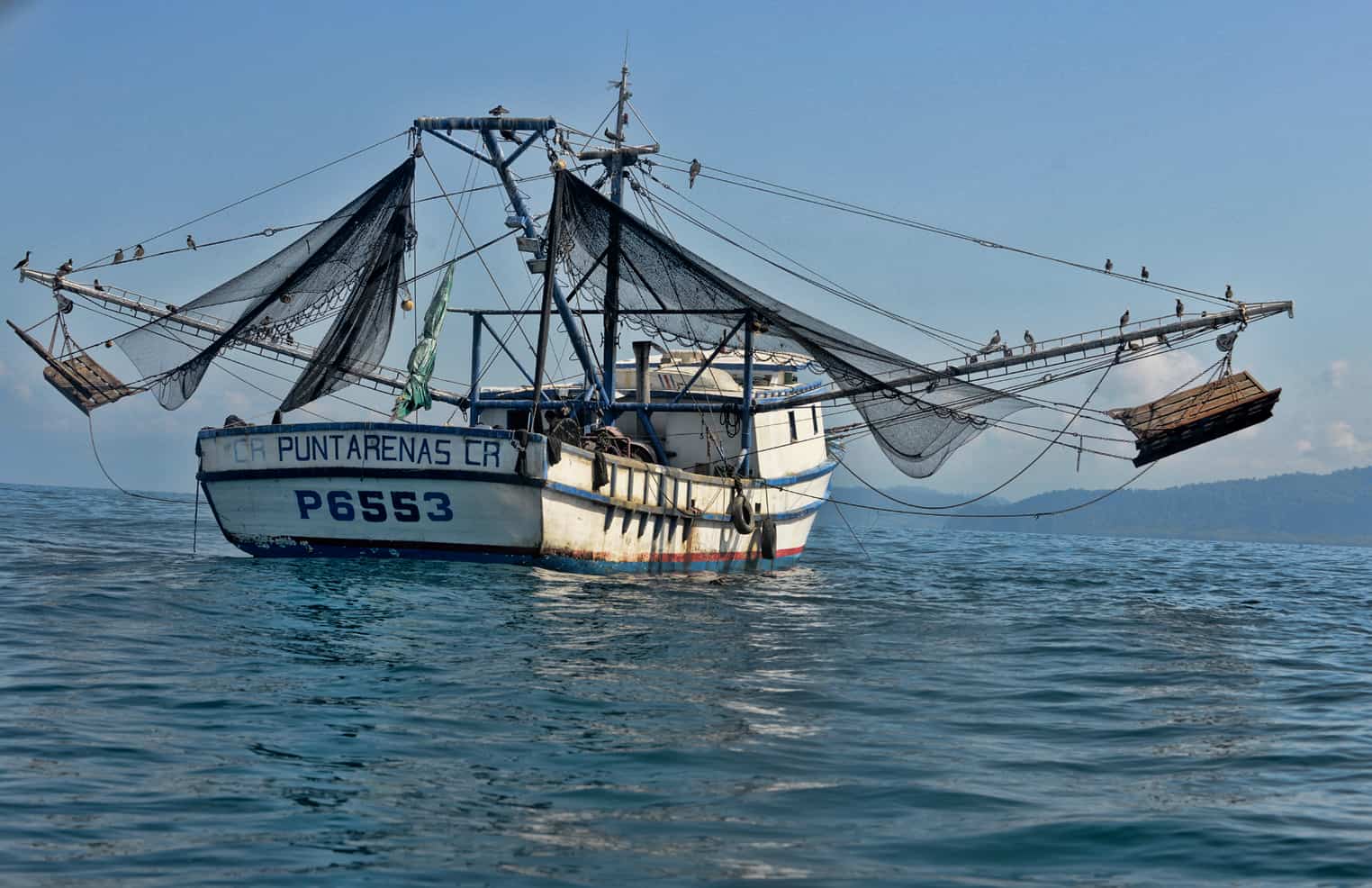President Carlos Alvarado on Friday announced that he has vetoed a project that would have authorized trawl fishing in Costa Rican waters.
“It is my responsibility to promote common good, to honor the Costa Rican tradition of protecting the environment, and to guarantee the right balance between economy vs sustainability. Consequently, I have vetoed the law that would reactivate trawling in Costa Rica,” President Alvarado wrote on social media.
En mi deber de promover el bien común y asegurar el equilibrio entre actividad productiva y sostenibilidad, y además, en cumplimiento de mi palabra, hoy he vetado totalmente el decreto de ley 9909 sobre la pesca de camarón.
— Carlos Alvarado Quesada (@CarlosAlvQ) October 31, 2020
The law project, which had been approved earlier this month in two debates by the Legislative Assembly, was criticized by scientists, environmentalists and small-scale fishermen, among others, who feared the destruction of marine life.
“Costa Rica represents for many a beacon of hope for peace, for the environment, for climate change, for health, for human rights and for democracy,” President Alvarado said Friday night.
“The analysis that we have done reveals that there does not exist enough scientific studies that support the sustainability of shrimp trawling. … Any decision that we make to take advantage of our natural resources must be based on science.”
In Costa Rica, a veto can be overridden by a two-thirds supermajority in the Legislative Assembly. However, that appears unlikely, as the project was originally approved by Congress with 28 votes in favor. Two-thirds is 38 votes of the 57-member Legislative Assembly.
Trawling “generates greater pressure on ecosystems and resources that are already overexploited,” a statement from the Environment Ministry said.
The legislation would have instructed the state-run Costa Rican Fisheries Institute to determine how using trawl nets for shrimp capture could be done without affecting the sustainability of the oceans.
But the fishing method was roundly condemned by environmentalists and academics, including the School of Biology and the Center for Research in Marine Sciences (Cimar), both at the University of Costa Rica.
The latter institution warned in a study that trawling “is not selective” and captures other species in the net. They pointed out that the use of nets kills sea birds, sharks and turtles, among other species.
The practice also harms artisanal fishermen, Cimar noted; the Costa Rican Fisheries Federation (FECOP), a nonprofit that represents sport-fishing associations, called the bill’s approval in the Legislative Assembly “very disappointing.”
“The extensive and unrestricted environmental damage that the activity produces and its impact on other productive sectors of the country, on which thousands of people depend, is not justified,” Cimar said.
Evangelical deputy Melvin Núñez, from the opposition National Restoration Party, has defended trawling, arguing that it could generate some 3,000 jobs in coastal areas, which have the highest poverty rates in the country and have been hit hard by the coronavirus pandemic.
“To the coastal communities, I reaffirm our compromise to come out of this [unemployment] crisis,” President Alvarado said Friday.
Costa Rica’s constitutional chamber of the Supreme Court of Justice suspended the granting of licenses for trawling in 2013.
Information from AFP was used in this story. This story was updated with information about the veto process in the minutes after publication on Friday night.






